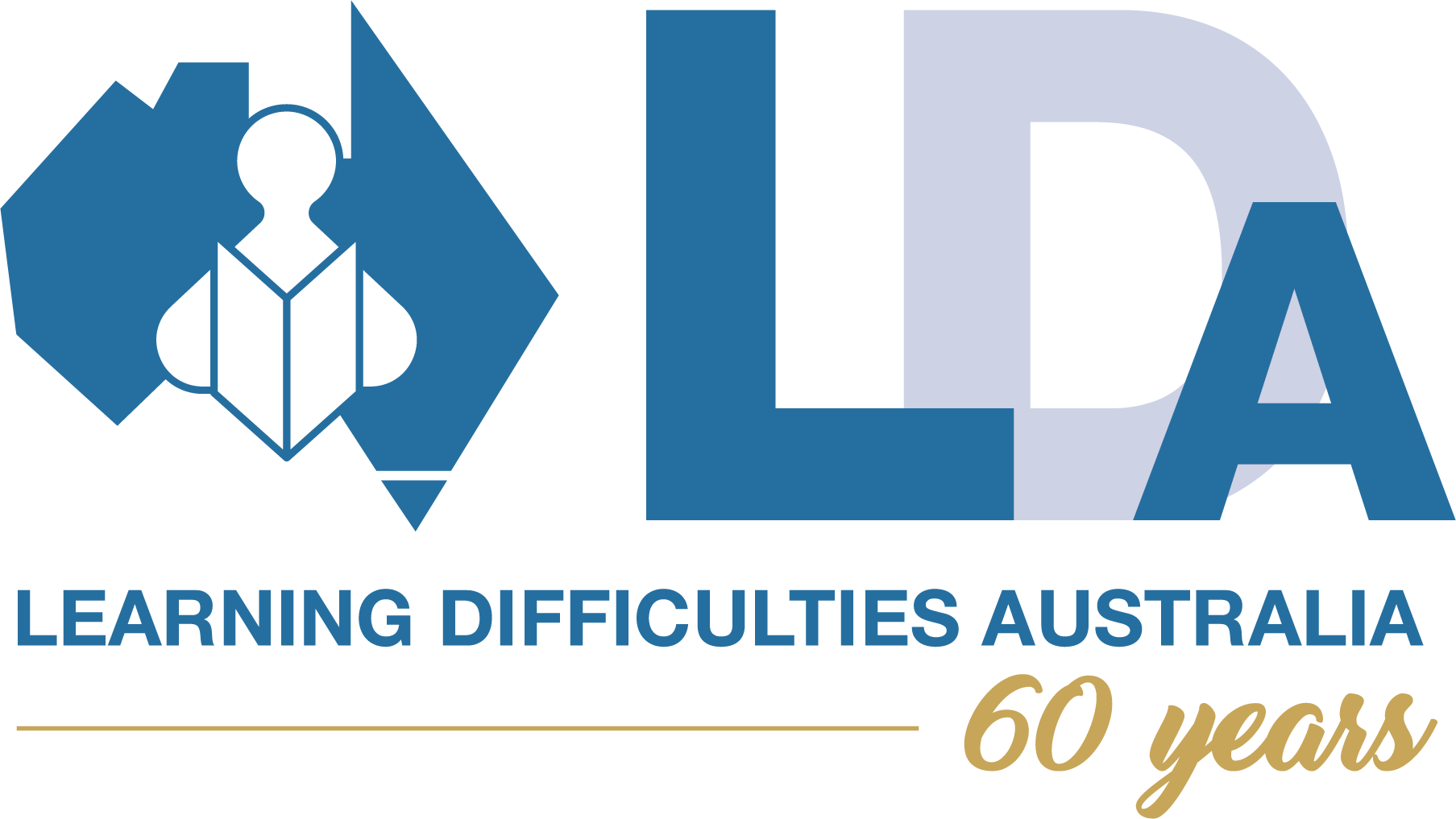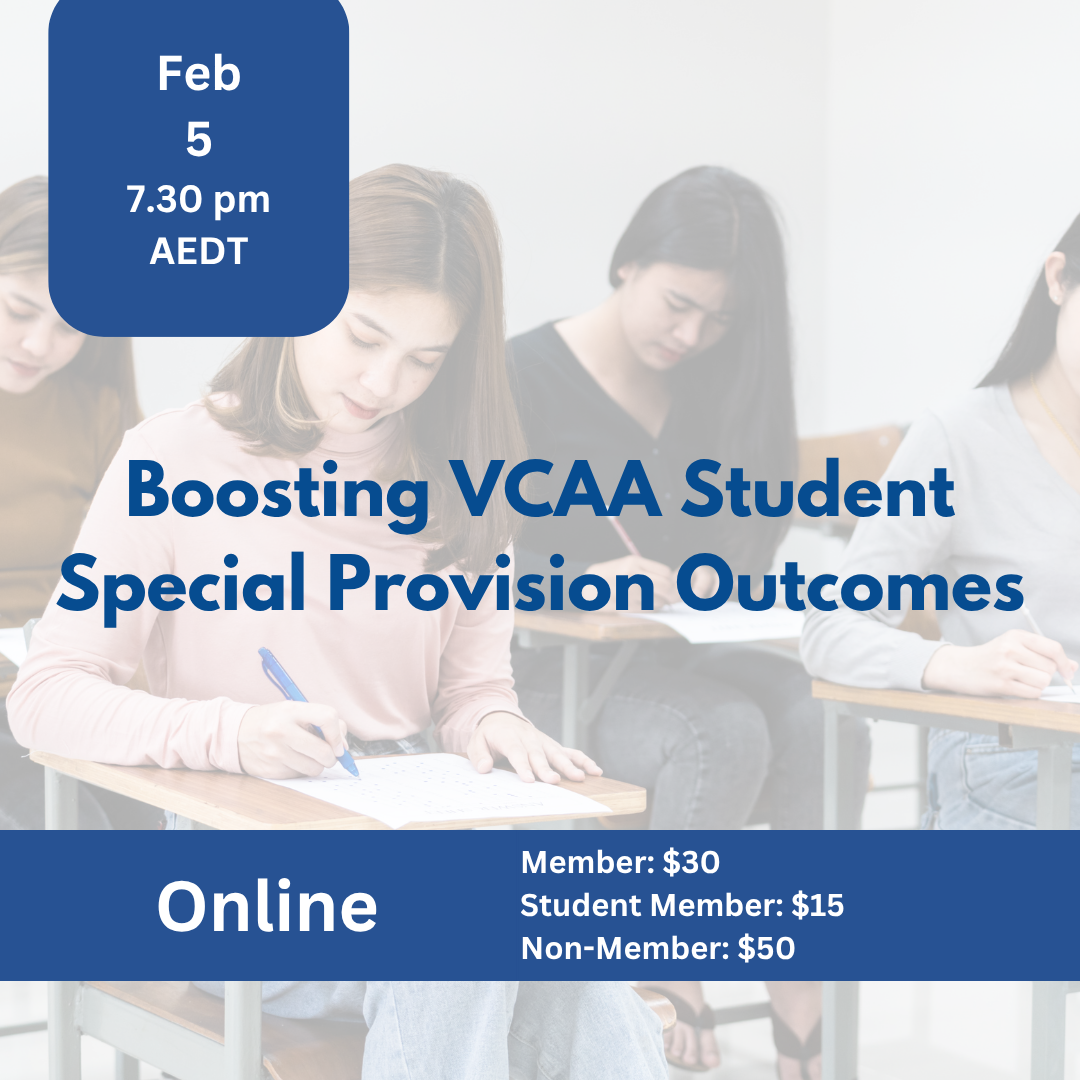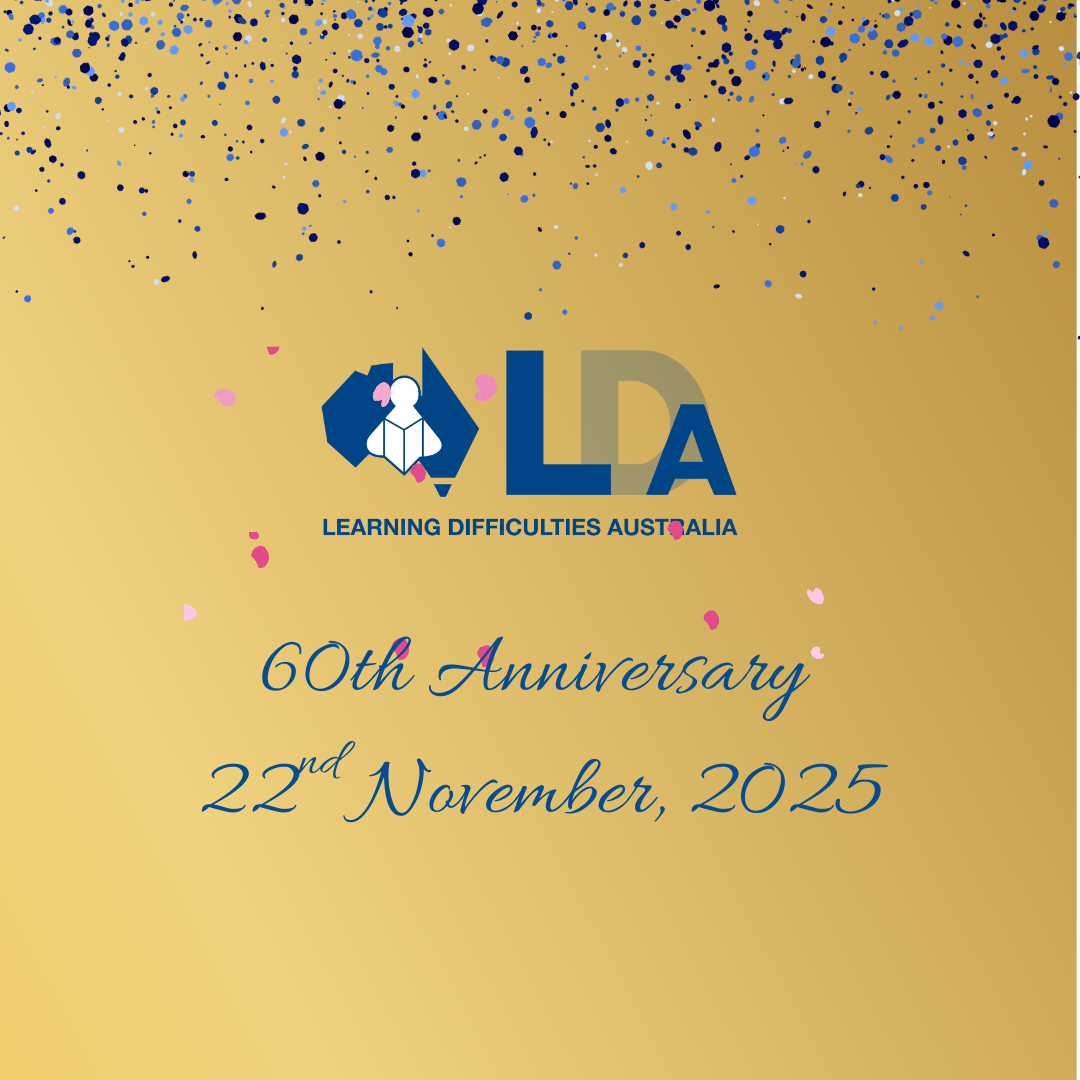A Low Variance Scope and Sequence outlines the “what” and “when” of teaching systematic synthetic phonics. It serves as a precise roadmap for Tier 1 and 2 teaching, ensuring that all students are receiving the same high-quality instruction at the same time. “Low variance” refers to the consistent delivery of content across a cohort; for example, all Year One students will learn the same phoneme-grapheme correspondences on the same day of the same week. A critical component in designing an effective scope and sequence is word selection. The words chosen must act as vehicles for phoneme-grapheme mapping, supporting students in building strong orthographic representations. These words are central to facilitating the self-teaching mechanism, a key driver of reading development. Effective instructional design requires us to consider phonology (how words sound), orthography (how words are spelled), and semantics (what words mean). By integrating these elements, we can select words that highlight the contrasts between different spelling patterns—such as ay, ai, and a-e—and make these distinctions meaningful and memorable for young learners. All phonic instruction must work towards developing instant, automatic and rapid mental graphemic representations of words….in the words of David Kilpatrick, “all words want to be a sight word when they grow up!” We must teach students how to orthographically map words! In this webinar, Jenny will guide participants through the principles of designing a Low Variance Scope and Sequence, with a particular focus on strategic word selection. She will explore how to create optimal entry points into sound-spelling systems and share intervention strategies and assessment approaches to support students with weak orthographic mapping.
**This webinar will be recorded and available for two weeks after the event**
Date: Tuesday 17th June 2025
Time: 7 pm – 9 pm AEST (Melbourne Time)
Cost:
LDA Member: $50
LDA Student Member – $40
Non-Member – $70
About Jenny Baker
Jenny is the founder of Fremantle Speech Pathology Services, a large private practice in WA. She holds a “Support and Development” role for over 35 Speech Pathologists who are all equipped to assess and treat children with Specific Learning Disorders and Developmental Language Disorders.
Jenny has such a wealth of experience and depth of knowledge regarding written language; she is
committed to employing highly explicit and evidence-based teaching strategies to ensure that workshop
participants have their learning goals met.





